Exodus (1960)
“I don’t know much about the mandate, but I do know the Jews were promised a home in Palestine!”
|
Synopsis: |
|
Genres, Themes, Actors, and Directors:
Review: … we also learn quite a bit about socio-political tensions and movements leading up to this point in history. Kitty’s initial impetus to help at the camp — after being asked by a friend (Ralph Richardson) of her deceased husband — stems from her frustration at the overt antisemitism expressed by a casually bigoted major (Peter Lawford). From there, she gradually learns about the enormity of the efforts of refugees wanting to make it to Palestine at any cost — including those like Dov Landau (Sal Mineo), who joins a radical Zionist group called the Irgun to fight and kill for the cause: … and teenage Karen (Jill Haworth), who turns down Kitty’s offer to bring her to America rather than to Palestine. Kitty also meets Newman’s father, Barak Ben Canaan (Lee J. Cobb), who is pushing for a diplomatic solution to statehood for Israel: … rather than the violent pathway of the Irgun taken by his brother Akiva (David Opatoshu), Newman’s uncle. We’re also briefly introduced to a token Arab Palestinian (John Derek) whose role is underdeveloped enough to highlight that this tale really is told from the perspective of Jews seeking nationhood in Palestine, not the Arabs being displaced. To that end, director Otto Preminger — who optioned the book as soon as possible — actually wasn’t happy with what he (and many others) perceived to be Uris’s anti-British and Anti-Arab stance, thus leading to (non-Jewish) blacklisted writer Dalton Trumbo being hired; unfortunately, Trumbo’s script — while admirable as a compression of such a sprawling story — still lasts far too long and is only compelling in spots. Meanwhile, Preminger’s notoriously hands-off direction of his actors resulted in mostly uninspired performances (with Mineo a notable exception). On the plus side are Sam Leavitt’s cinematography and excellent use made of authentic shooting locales and extras. Note: Watching this film made me realize how little I actually knew about the decades-long formation of Israel, leading me to do some additional research and explore how impactful Uris’s book — which became the biggest bestseller since Gone With the Wind (1936) — was, serving as a cultural touchstone and inspiration for thousands. Notable Performances, Qualities, and Moments: Must See? Links: |
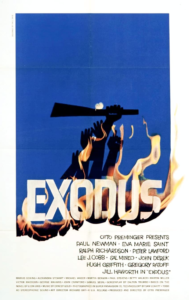
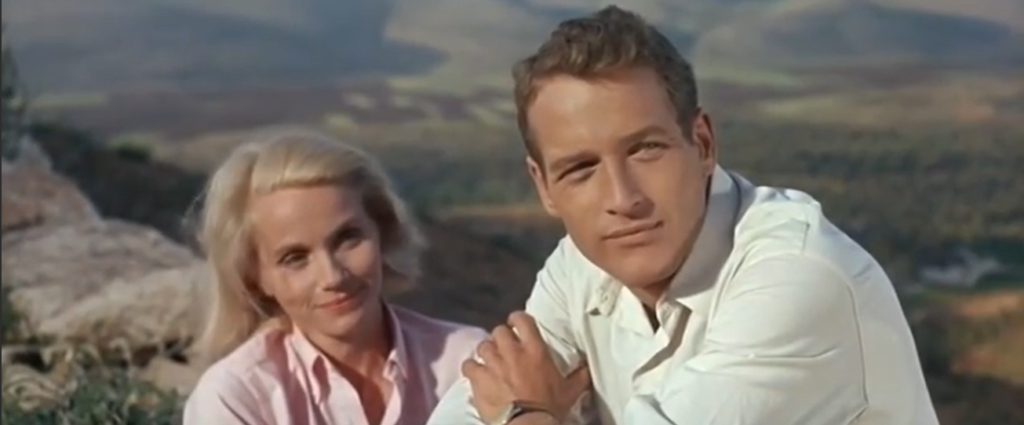
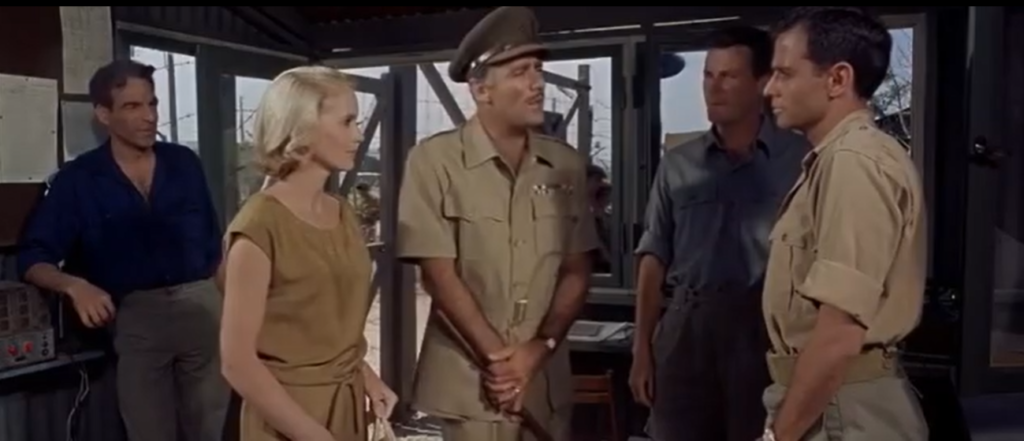
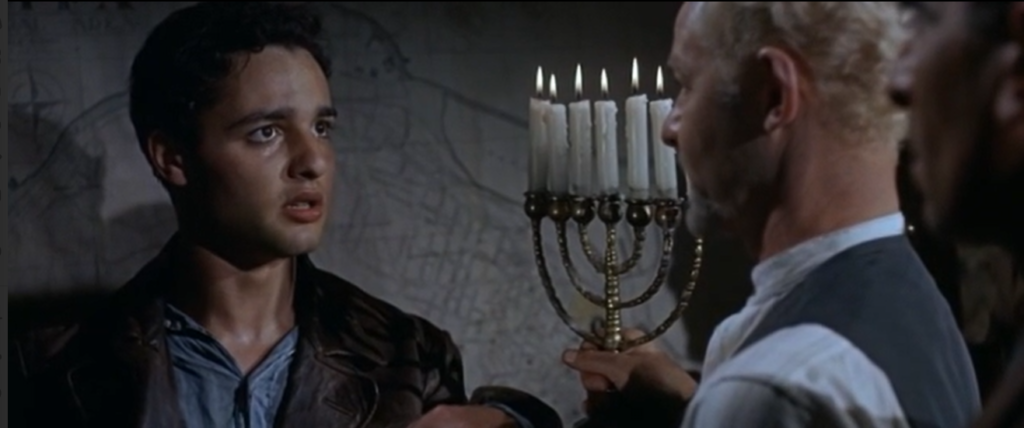
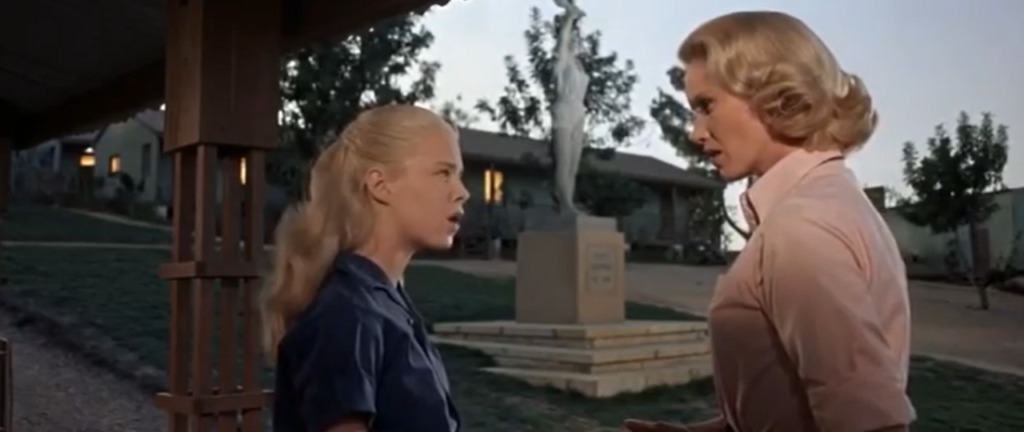
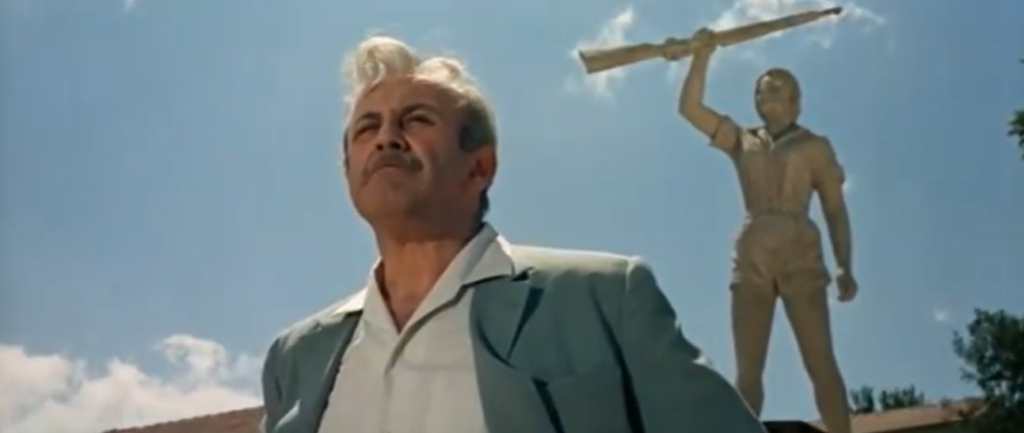

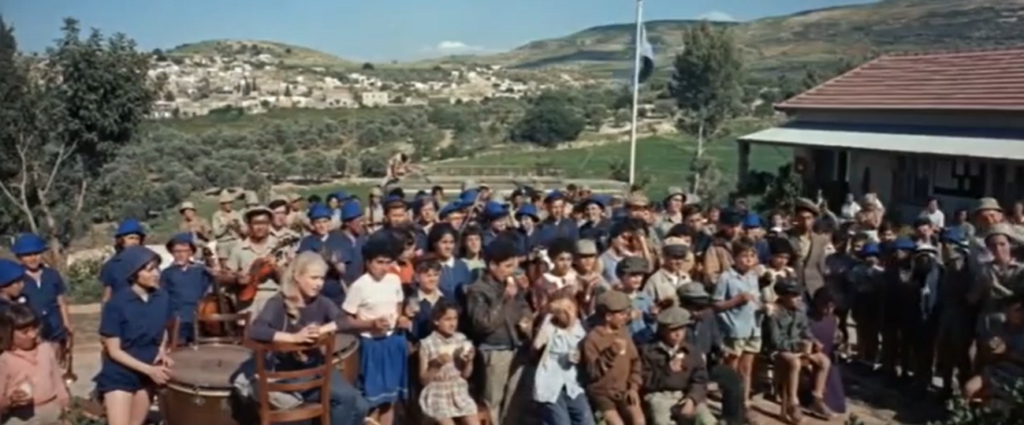
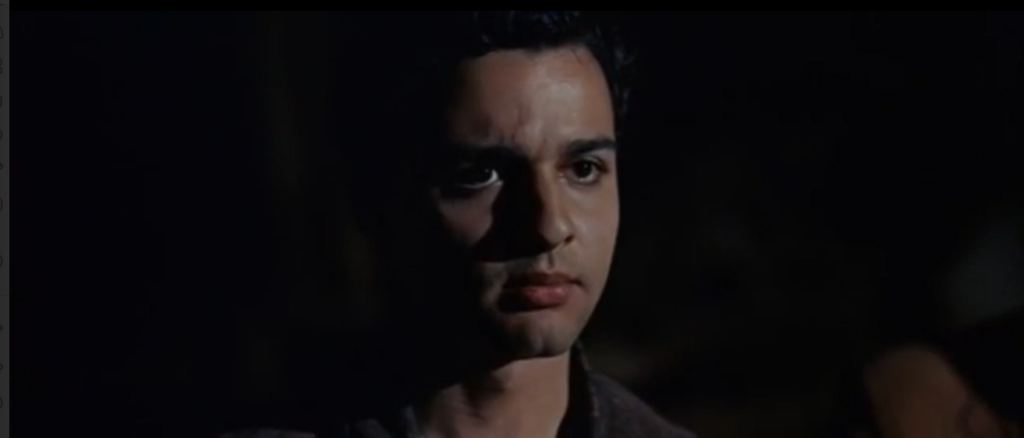
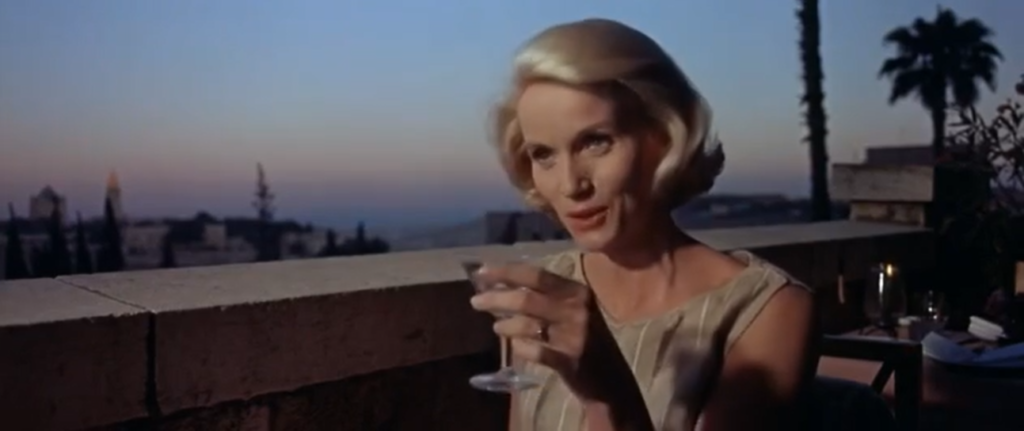
One thought on “Exodus (1960)”
Rewatch (this time as a Blu-ray. with proper aspect ratio). A once-must, for its subject matter – which I would also not claim to be an expert on; nor do I think the film should be approached as ‘definitive’. (For something like this history, one must be willing to study beyond the confines of a single film.)
This was a personal project for Preminger. He rejected Uris’ script from his novel as being “too partisan”. The film of Trumbo’s script has the effect that Preminger’s interpretation took things in a polar opposite direction; a cool-headed, non-judgmental approach in which all sides are revealed as having viewpoints which (valid or not) should be recognized.
In speaking about his film, Preminger remarked: “I don’t believe that there are any real villains. If somebody is a villain, I try to find out why. I don’t necessarily excuse him, but I try to understand him.” Personally, I don’t know that I necessarily agree with that – which is why I don’t think the film should have ‘the last word’; however, I do think it has value as a basis for discussion (and there’s also perhaps enough in the film that has undeniable truth).
I wouldn’t agree that the Newman-Saint romance “takes center stage”. In fact, I like how it’s kept to a minimum. And I don’t think the performances are “mostly uninspired”; I felt rather engaged by them overall.
Best scene: Cobb goes to visit Opatoshu in prison, even though Cobb has previously told Newman that “He is dead to me.” The tense, brief non-communication between the two brothers when they reunite speaks volumes.